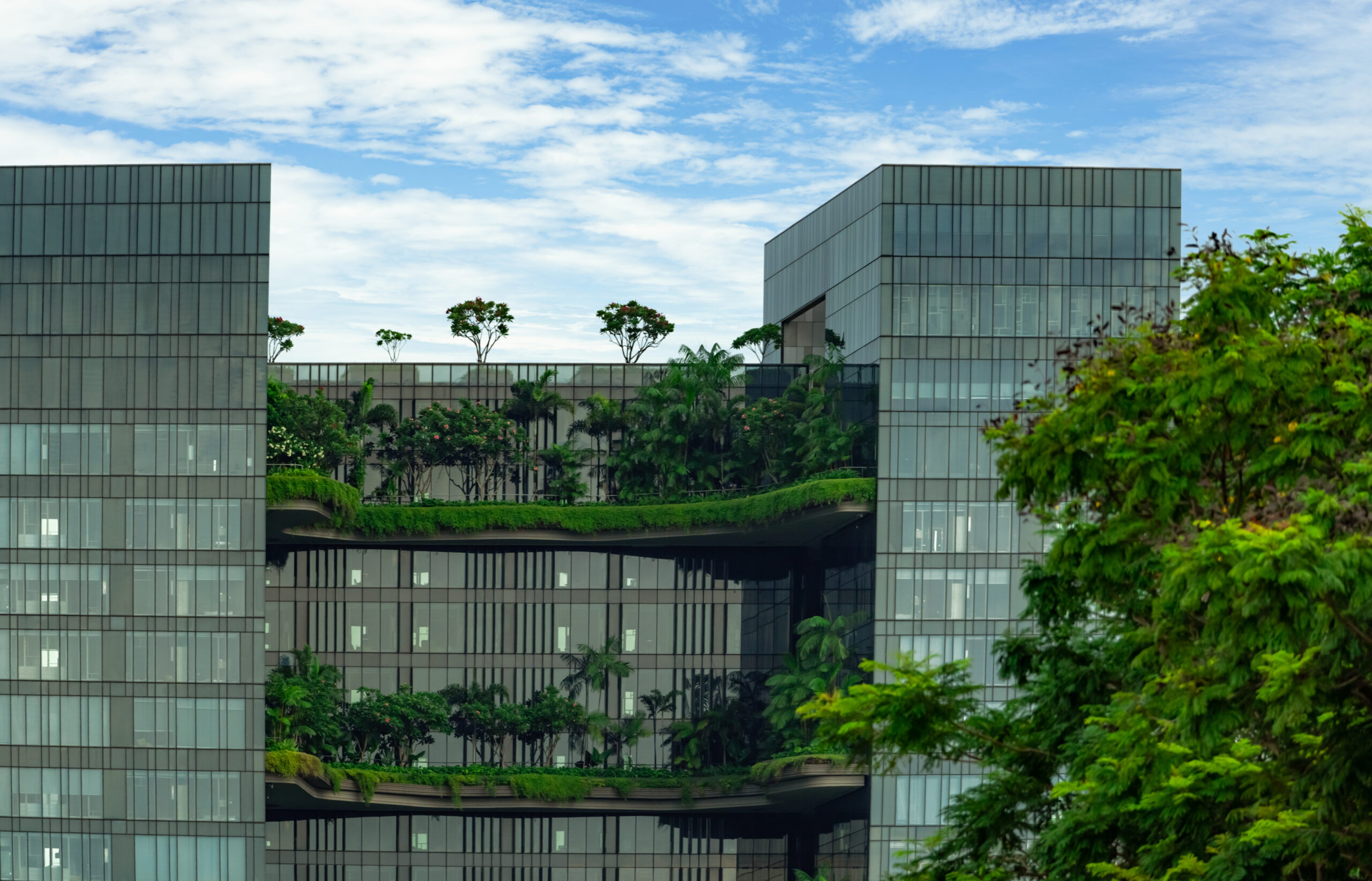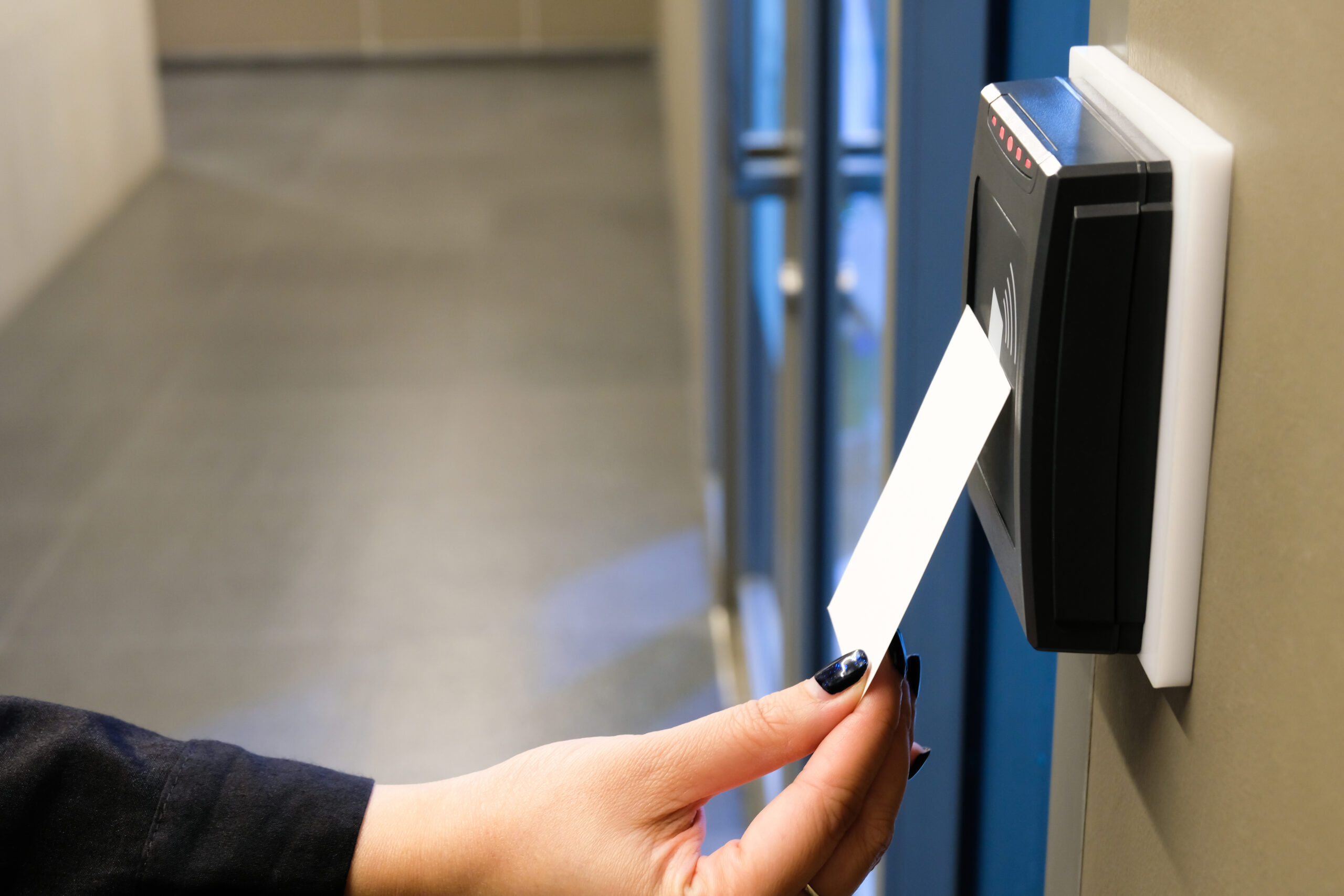Almost every energy business today in Singapore has taken the initiative to shift towards a more energy-efficient economy by incorporating structures and modules based on energy efficiency. It has become necessary for you as a business to explore more energy-saving solutions.
The EPA (Environmental Protection Agency) has stated that, on average, commercial buildings waste around 30% of the energy they consume. Businesses can enhance their energy efficiency and contribute to environmental sustainability.
In this blog, we will explore the top commercial energy-saving solutions in Singapore for 2023. Focusing on best energy efficiency trends, grants for alternative energy development, AI-based reports and the role of the Energy Efficiency Program Office(EEPC) in commercial energy efficiency.
Commercial Energy Efficiency Trends in Singapore
With the increasing awareness about the importance of energy efficiency, there has been a wave of energy-saving solutions in commercial buildings. Let us explore various commercial energy trends in Singapore that you can incorporate into your commercial buildings.

Smart Buildings Maintenance:
One of the most effective energy-saving solutions is adopting smart building maintenance practices. Such buildings have integrated technologies like IoT(Internet of Things) and advanced automation systems to optimise energy consumption.
Using sensors, data analytics, and intelligent control systems in your buildings can monitor and adjust real-time energy usage. This ensures efficient lighting operation, and HVAC systems, decreasing energy waste and lowering costs.
Grants for Alternative Energy Development:
The Singaporean government has implemented various schemes to promote energy-saving solutions. They offer grants and incentives to encourage businesses to invest in alternative, cleaner energy sources. These grants help provide financial support for implementing renewable energy systems like solar panels, wind turbines and geothermal solutions.
The EEG (Energy Efficiency Grant) aims to help the Retail sector, Food services, and manufacturing business deal with rising energy costs with better alternatives.
The EEG offers upto 70% financial support to SMEs for pre-approved energy adoption in these categories: Air-conditioners, LED lighting, water heaters, refrigerators, cooking hobs, clothes dryers, grant support for qualifying costs being capped at $30,000 per company per year.
RFID-Based Energy Sensors:
Integrating RFID technology sensors in commercial buildings can save energy by multiple folds. These systems use a slotting algorithm that significantly reduces power consumption by 20%, as there is no need for signal retransmission.
These sensors use a collision-prevention technique that avoids data correction and weak signals that lead to higher energy consumption. These sensors have an integrated low-power sleep mode which helps them save energy.

AI-Based Energy Consumption Reports:
Energy consumption can be smartly managed by installing an AI system that tracks your energy consumption. AI grows through a learning curve to understand its structure. Once it starts working, it can manage an entire building’s energy consumption.
AI reports can help you efficiently save energy without breaking a sweat. Google has cut down its energy costs by 40% through DeepMind AI. Such AI systems can handle your HVAC systems, gas and water supply systems, temperature sensors, doors, and ventilation and monitor the energy consumption in the building.
Following EEPC for Updates:
The Energy Efficiency Promotion Centre (EEPC) can instantly become a solution to deliver industrial energy efficiency-related resources. You may contact EEPC to assist you with the mandatory energy management requirements under the Conversation Act, energy efficiency investments, incentives, practical measures, help with training, and even linking up with other partners.
Preparing Your Business to Become Energy-Efficient
Implementing these solutions in your business or commercial building in Singapore has become more accessible due to the helping hand of the Singaporean government.
Becoming energy-efficient doesn’t mean disrupting your business model. Integrating energy efficiency solutions has become relatively easier. It even attracts customers, raises awareness, and increases your reputation.
Statistics indicate that prioritising energy efficiency can save up to 20% of energy bills annually. Opting for such solutions can help you join the global environmental sustainability movement and prove your commitment to your customers.
Conclusion
In conclusion, Energy-saving solutions can help your business in Singapore fight against rising energy costs by promoting energy efficiency. Implementing robust strategies and taking help from the government can help you achieve sustainability in your business. It is a sound financial decision and will help you relocate your resources towards business growth.



